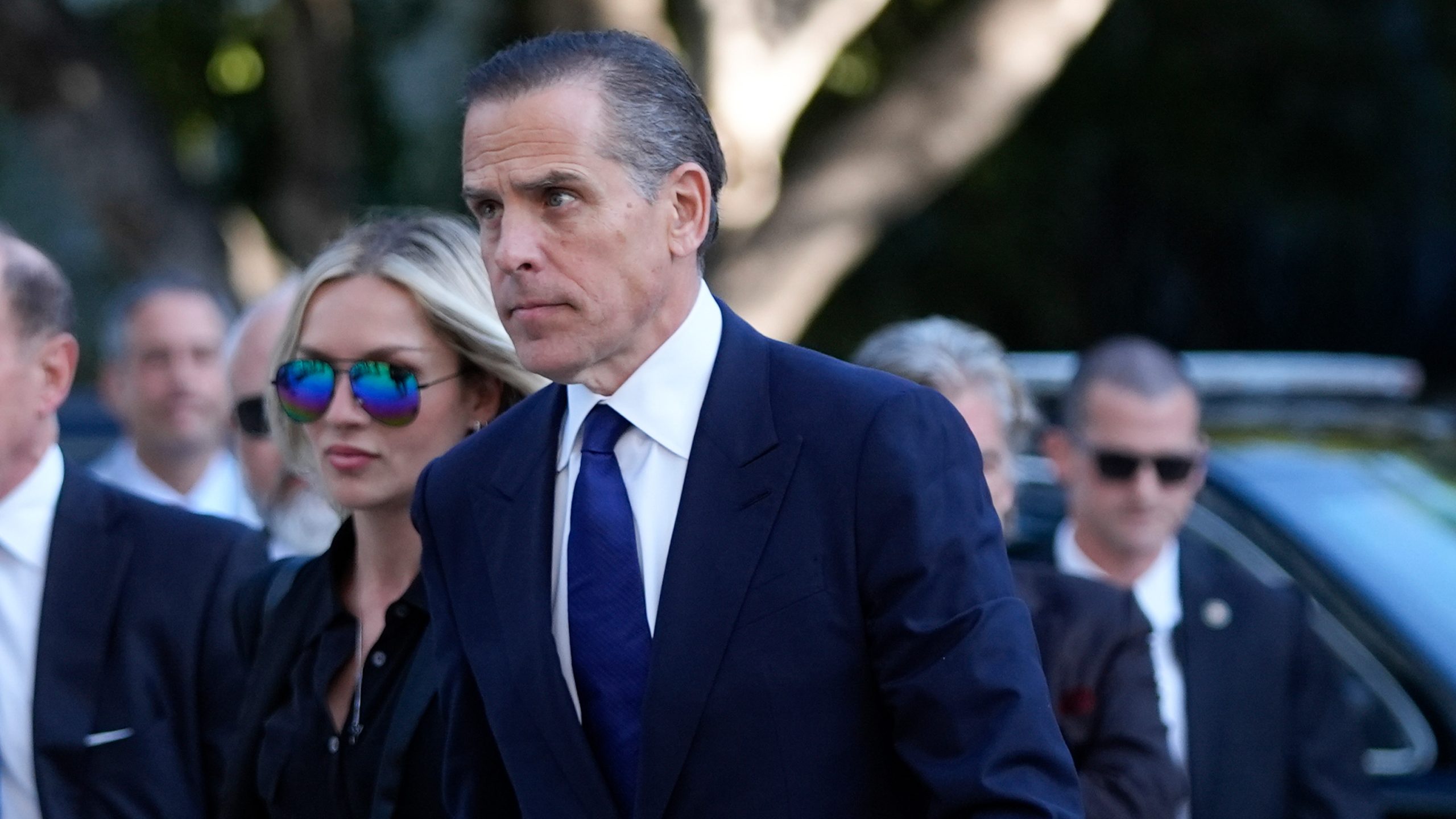Cohen’s Ridiculous Pardon Plea to Biden: Despair or a Cheap Publicity Stunt?
Michael Cohen, former legal counsel to ex-President Trump, has made a plea to current President Biden, calling for a presidential pardon similar to the one given to his son, Hunter. Cohen claims this necessity is due to his name landing on Trump’s supposed enemies list. His argument position leans heavily on the protective stand Biden has taken for his son Hunter, insinuating that he, too, deserves the same consideration.
Cohen emphasized his demand by making a bold comparison. He likened his situation to that of Hunter Biden, although the only common thread appears to be a link to presidential interest. This classification, he insists, places him in danger of potential prosecution upon Trump’s return to office.
While presenting his plea for a presidential pardon, Cohen made a suggestive prediction, implying that Biden is bound to shield him from Trump’s potential backlash, drawing more ungrounded parallels to the Hunter Biden scenario. He portrayed this as an expected act, positioning himself alongside any potential critics of Trump.
In his conversation with MSNBC’s Symone Sanders, Cohen discussed the application he made for a presidential pardon and pressurized Biden’s perceived ‘responsibility’ towards him. Cohen charges it as similar to that for Hunter. He stressed that he should benefit from the same pardon granted to Hunter, referencing his hardships in solitary confinement, a thinly-veiled plea for sympathy.
Sanders responded to Cohen’s implication by drawing a clear line between him and Hunter Biden. She pointed out the obvious: ‘Hunter Biden is the last surviving son of the president.’ Cohen, quick to counter, reminded Sanders that he was also someone’s son, attempting to redirect the conversation towards his situation and away from Hunter.
Sanders, however, held her ground, sharply underlining Cohen’s fallacy. She made it quite clear that although Cohen was someone’s son, he certainly was not the president’s son. This retort dismisses his comparison to Hunter Biden, managing to further ridicule his application for a pardon.
Cohen felt the need to underline the purported threat posed by Donald Trump, insinuating that Trump’s campaign promises and goals were serious matters. He emphasized how Trump’s words had historically turned into actions and painted a grim picture for the future, playing on fears of Trump’s return.
He hinted at an extended timeline for Trump’s plans, suggesting it wouldn’t all happen ‘on day one.’ According to his narrative, an unspecified group would assist Trump in carrying out his goals over the next four years – a fearmongering tactic, perhaps, in an attempt to fuel more support for his pardon plea.
Michael Cohen’s credibility has to be taken into account, having served three years in prison on charges of tax evasion, campaign finance violations, and lying to Congress, all while working for Trump. Post-imprisonment, Cohen has positioned himself as a vocal critic of Trump, but his past misconduct may complicate his ‘enemies list’ narrative.
He took his anti-Trump campaign a step further when he testified against the former president in a New York criminal case. Intriguingly, he declared earlier that he would have left the United States if Trump had secured a second term.
Cohen even shared his intentions to obtain a foreign passport with a new identity, ignoring the potential complications with his family. This claim, an overdramatic declaration of his intentions if Trump was re-elected, seems more an attention-seeking ploy than a coherent plan.
This all follows after President Joe Biden issued a presidential pardon to his son, Hunter Biden, in December. Although no specific law obliges a president to protect his critics, Cohen seems to be operating under the delusion that this private familial act is a reason to expect a pardon for himself too.
Biden’s pardon of his son sparked controversy from multiple angles, further adding complexity to Cohen’s comparison. Biden had previously promised not to intervene in the prosecution of his son, and yet, in a move that raises ethical questions, pardoned his son in December.
Despite the vocal critique, Biden has resisted taking a firm stand against pardoning potentially contentious figures from Trump’s time in office. He even mentioned the possibility of pardoning former GOP Rep. Liz Cheney and Dr. Anthony Fauci.
The entire situation, underscored by Cohen’s insistence on his entitlement to a pardon, has entered the realm of political theater. For Cohen to expect a pardon comparable to that of Hunter Biden, given their disparate circumstances, seems more like a publicity stunt than a legitimate plea.
While the final decisions about pardons remain in the hands of President Biden, Cohen’s claims continue to serve as fodder for political and media speculation. Yet, his theatrics seem unlikely to sway Biden or the public at large to his cause, especially given the ludicrousness of his comparison to Hunter Biden.

